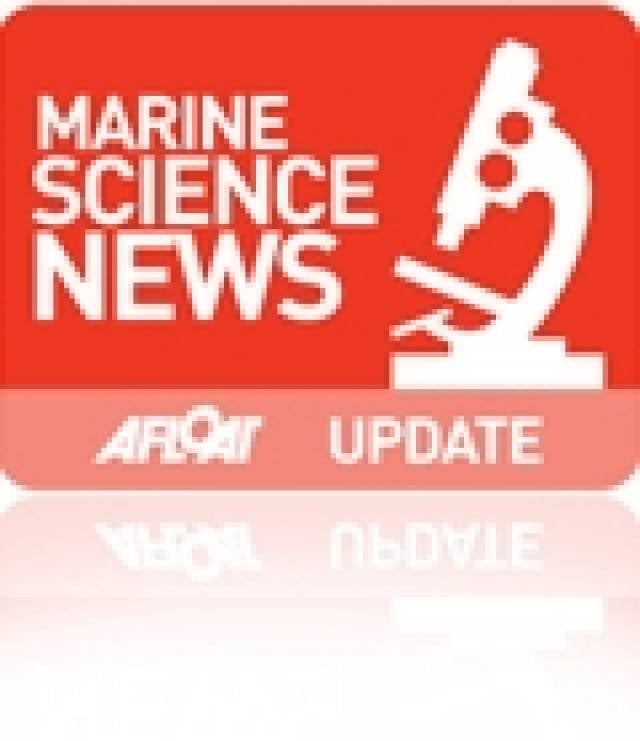#marinescience – Educators, trainers, European Commission members, and marine and social scientists from 11 countries across Europe met in Dublin in January for an important meeting of the Sea For Society project which aims to develop a sustainable relationship between humankind and the oceans.
The Sea For Society project is funded through the European Commission's Seventh Framework Programme (FP7). The project's 28 partners represent universities, funding agencies, government marine research organisations, NGOs, business networks, science museums and aquaria, and the media.
For the first time, the project aims to bring together a wide range of participants (stakeholders, citizens and youth) across Europe to examine the issues surrounding the development of a new concept for sustainable use of the seas called "the Blue Society". This concept explores how humankind can coexist with, and benefit from, the oceans without harming them.
Sea For Society Project Manager, Ludovic Frère Escoffier, of the Nausicaá aquarium in Boulogne-sur-Mer, France, said that the Blue Society was founded on "an unprecedented economic, technological and social approach which involves taking advantage of new resources, innovative solutions and positive experiences that the oceans offer".
The aims of the Sea For Society project will be accomplished through a series of forums held in nine European countries and will involve key stakeholders, youth and citizens. Each forum meeting will be based on a mutual learning, open-dialogue process, bringing together researchers, the general public and other actors to consider one of six allocated themes regarding what the sea provides to human beings in their daily lives: food supply, human health, a place to live, transport, energy, and leisure and tourism. The results of these consultations will be the basis of a European mobilisation towards a "Blue Society".
"As a result of this process, citizens, including young people, stakeholders, marine experts and scientists will all learn from each other and, in turn, the Sea For Society project will learn from these groups," said Dr. Christine Domegan, Senior Lecturer in Marketing at NUI Galway, who has been working on the methodology of the consultation process alongside Dublin-based project partner AquaTT.
The forums will use a facilitation process called Collective Intelligence, an idea and value structuring methodology that helps groups to deal with complex issues. To instruct project partners on how the Collective Intelligence consultations could be effectively carried out, Professor Benjamin Broome of the Arizona State University and Dr. Michael Hogan of NUI Galway conducted a two-day practical workshop as part of the Dublin meeting.
The workshop was followed by a day-long partnership meeting of all participating groups, and a half-day workshop on communications for the project.

































































